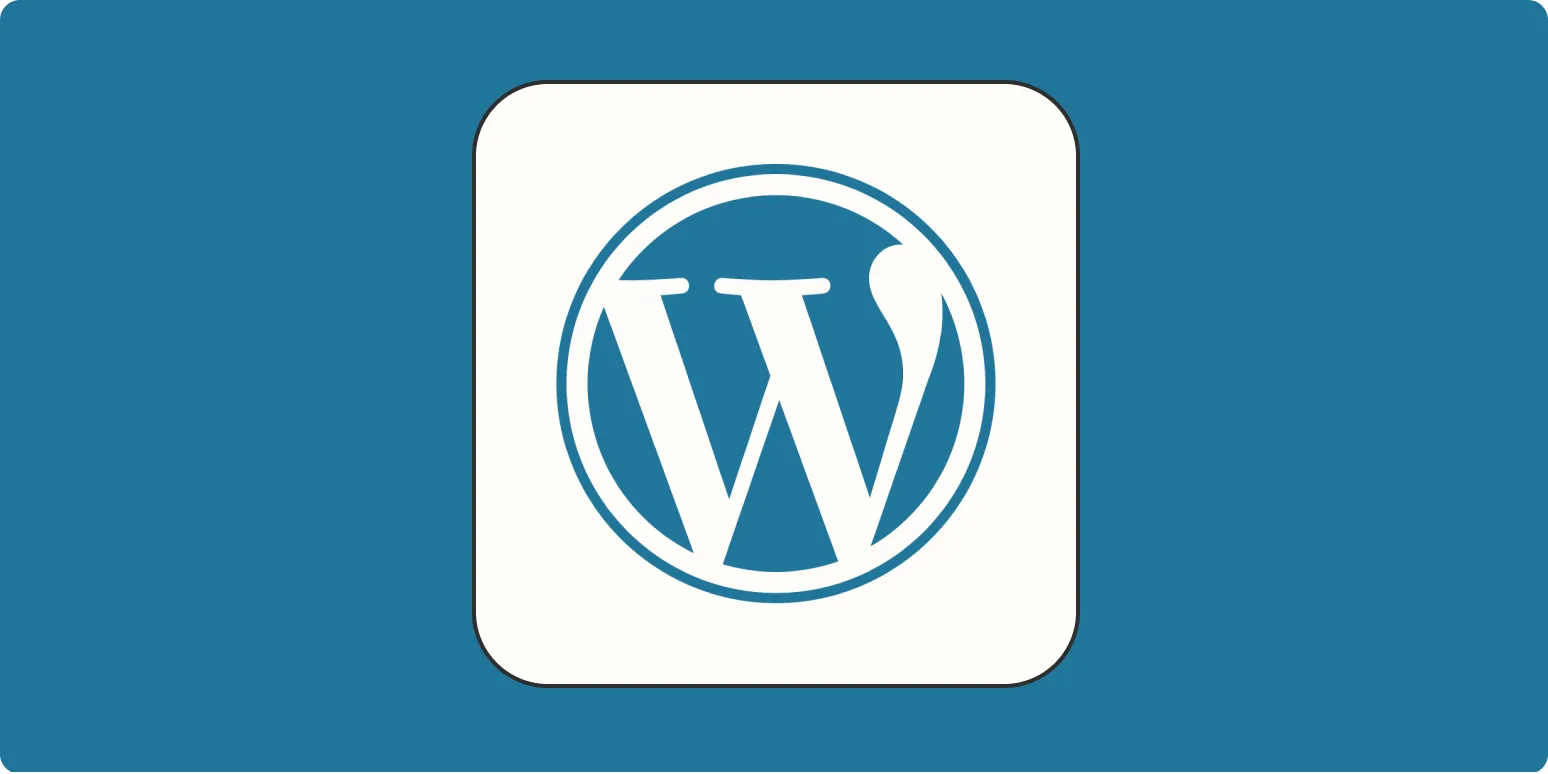Understanding Your Hosting Needs
Before diving into the specifics of choosing a WordPress host, it’s crucial to understand the specific needs of your business. Are you running a small blog, a portfolio site, or a large e-commerce platform? Each type of website has different requirements. For instance, an online store will need robust security and high uptime, while a blog may prioritize speed and ease of use.
Types of WordPress Hosting
There are several types of WordPress hosting available, each catering to different business needs. Here’s a breakdown:
| Type of Hosting | Description | Best For |
|---|---|---|
| Shared Hosting | Multiple websites share a single server's resources. | Startups & small blogs |
| VPS Hosting | A virtual private server provides dedicated resources. | Medium-sized businesses |
| Managed WordPress Hosting | Optimized specifically for WordPress; includes updates and backups. | Businesses focused on performance |
| Dedicated Hosting | A single server dedicated to one website. | Large businesses with high traffic |
| Cloud Hosting | Resources are spread across multiple servers, improving reliability. | Businesses with fluctuating traffic |
Key Factors to Consider
When selecting a WordPress host, several key factors can significantly impact your decision:
1. Performance and Uptime
Performance metrics like speed and uptime are essential for SEO and user experience. Look for hosts that guarantee at least 99.9% uptime and offer content delivery networks (CDNs) for faster loading times.
2. Security Features
Security is vital, especially for e-commerce sites. Ensure that your host provides features such as SSL certificates, firewalls, and regular backups. A secure site not only protects your business but also builds trust with your customers.
3. Customer Support
Reliable customer support is a must. Look for hosts that offer 24/7 support through various channels, including live chat, phone, and email. Reading customer reviews can also provide insights into the quality of support you can expect.
4. Scalability
As your business grows, your hosting needs will change. Choose a host that allows easy upgrades to accommodate increased traffic and resource demands without extensive downtime or migration hassles.
5. Pricing
While budget is a critical factor, it should not be the sole consideration. Look for a balance between cost and features. Beware of extremely low-priced options that may compromise quality, leading to a poor experience.
Comparing Hosting Options: A Quick Chart
Here’s a comparison chart of popular WordPress hosting providers based on key features:
| Hosting Provider | Performance | Security | Customer Support | Pricing |
|---|---|---|---|---|
| Provider A | Excellent | Strong | 24/7 Live Chat | $5/month |
| Provider B | Good | Moderate | Email Support | $3/month |
| Provider C | Very Good | Excellent | 24/7 Phone & Chat | $10/month |
| Provider D | Average | Basic | Limited Hours | $2/month |
Migration and Setup
If you’re moving from another hosting provider, consider how easy the migration process will be. Many hosts offer free migration services, which can save you time and headaches. Additionally, check if the host provides one-click WordPress installation, which simplifies the setup process.
Conclusion
Choosing the right WordPress host for your business is a crucial decision that can affect your site's performance, security, and overall success. By understanding your needs, exploring different hosting types, and evaluating key factors such as performance, security, and support, you can find a host that aligns with your business goals. Remember to compare various providers and their offerings carefully before making a final decision. Investing time in selecting the right host will pay off in the long run, ensuring a smooth and successful online presence.





